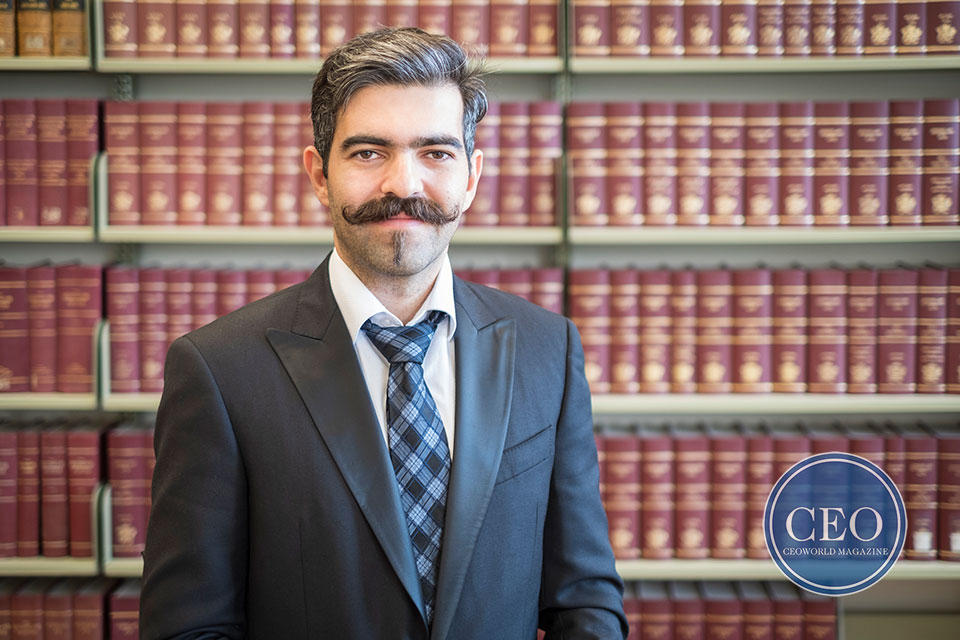3 ways CEOs can supercharge their level of influence in the workplace

Influence is a skill. Leaders who are competent in the art of influence can easily gather support from others and are able to lead a group that is engaged, mobilised, and ready to execute.
Senior leaders have leverage due to their rank in the organisation. However, rank alone is not always effective in mobilising people and gaining their support. Below are three tips that would help you supercharge your influence in the organisation.
Meet people where they are
When trying to influence others we must not only use the terminology and words that they are familiar with, but also identify their values, challenges, needs, and objectives so we can communicate with them in a way that resonates with them.
For example if you are trying it influence someone in Information Technology, it would be helpful to do a bit of homework and learn what their challenges are, what are the words that they use every day to describe the work they do, and what types of problems they have to solve in their jobs. You may need to gain a deeper understanding of words like Cloud, Microservices, DevOps, Agile, and Scrum.
Similarly, if you are communicating with a person in marketing it would be helpful to understand on a high level how things like SEO, Growth hacking, Re-targeting, and A/B testing work. This will impress them and make them more interested in your objective as they will feel more aligned with you. Think how impressed you would be if a software engineer talked to you in the language of returns, hurdle rates, financial risk, and TCO.
Improve your skill in empathy
In order to influence others, we need to appeal to their self-interest. We need to first consider “What’s in it for them?” and then anticipate the questions they may have.
So, to influence someone, we first have to understand them. What are their motives and values? What do they care about? To answer these questions, we need to be empathetic. Empathy will help us understand what matters to them and to see the world from their perspective.
Empathy is one’s ability to experience the world through someone else’s reality. Each person has their own distinct personality, life experience, beliefs, and sensations. The same event will thus be experienced differently depending on who you are.
A common mistake people make when trying to empathise is practicing projection instead of empathy. Projection is when we put ourselves in the other person’s shoes and think, what would I do or feel if I was in their position? Instead, we should tune into the other person with curiosity and try to understand their feelings and thought processes as they are.
Establish and maintain trust
Have you ever worked with someone who made promises that he/she didn’t keep? How did that make you feel? A common tactic when people try to influence others is to not be fully transparent or to disclose information selectively. These tactics may work in the short term but are disastrous in the long term.
Some people call these tactics Machiavellian – secretly manipulative. It’s why we don’t trust politicians. Whenever you use such methods, you set yourself up for failure. We are in a 21st-century corporate environment; people are smart and will figure out what’s happening soon enough. Then they will lose trust and you will become the object of their discontent.
Trust is built on integrity. If we want to increase and maintain trust, we need to make sure we stick to our words, we are transparent, and we don’t provide information selectively in a way that implies things that are not true. We need to be vigilant in making sure we aren’t manipulating others and be very careful what we promise.
Written by Arash Arabi. Have you read?
World’s Largest Megacities By Population.
World’s Safest Cities.
World’s Most Economically Influential Cities.
World’s Best Cities For Luxury Shopping.
Add CEOWORLD magazine to your Google News feed.
Follow CEOWORLD magazine headlines on: Google News, LinkedIn, Twitter, and Facebook.
Copyright 2024 The CEOWORLD magazine. All rights reserved. This material (and any extract from it) must not be copied, redistributed or placed on any website, without CEOWORLD magazine' prior written consent. For media queries, please contact: info@ceoworld.biz








